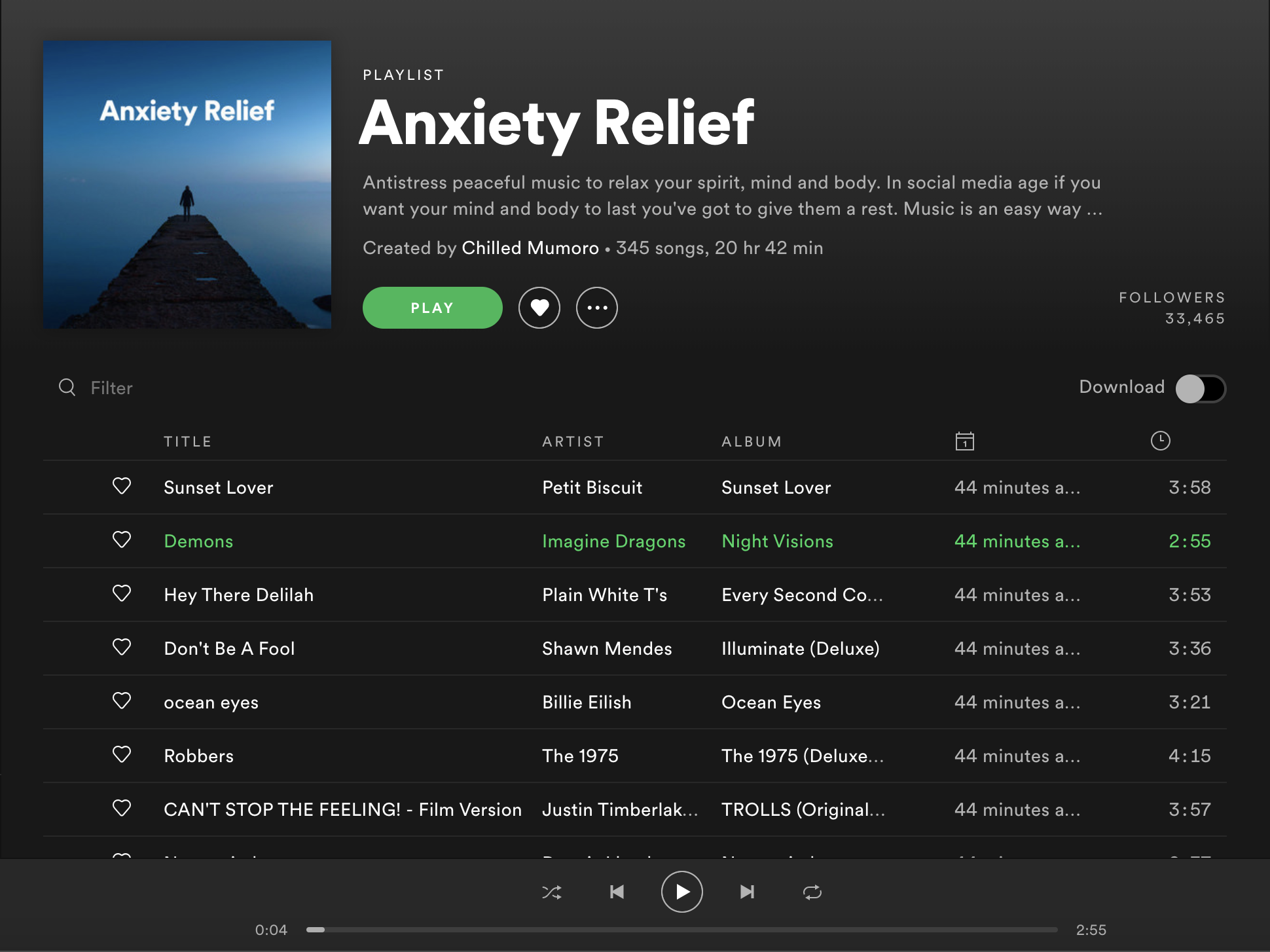5 Boredom-Busters for Adults with Special Needs
As many of us are truly finding out for the first time, wellness involves quite a bit more than exercising and eating well. Wellness includes happiness, companionship, stimulating activities, and routines that you and the people you care for can bank on.
This lockdown has shaken up routines in a way that can send fear through the hearts of many a parent. If you’re a parent or caretaker of someone who relies on their routine as an imperative part of their identity and individuality, maintaining normality during this time could be ultra challenging for you. While you may not be able to keep or recreate your usual routines at the moment, you may be able to use well-timed distractions for everyone involved (including yourself!)
So, without further ado, here are some activities to help everyone to recharge, refresh, and get into the swing of things.

Short (Socially Distant) Trips
Getting out and about for a walk, hike, or even a car ride with the windows down, is a fine way to spend an afternoon. Short trips not only provide the much-needed opportunity to breathe in some fresh air, but can also improve cognition and boost creativity.
So, pop to the park, forest, beach, or just take a stroll about the neighborhood. Getting out and about when you can is essential. Staying 6 feet apart is easier in wide-open spaces.

Structured Recreational Activities
Structured physical activities are another way to supplement a routine. For all people, and especially people with intellectual and developmental disabilities, regular exercise is important because it can help both muscular structure and motor skills as well as enhancing coordination and improving mental health. Activities such as aerobic exercises, yoga, lap swimming, and handball are all awesome structured activities.

Reading
Reading means not even having to leave the house when you just can’t. It can take you to new worlds. Reading with or to adults with intellectual and developmental disabilities can help take them to new worlds as well and provide a building block for new routines.
It’s not just traditional reading that can help. Listening to an audio book has shown to help improve concentration and creativity as well. Kindle has a great selection of reading books and Audible has a wide variety of audio titles to choose from. YouTube can be a great resource for short stories.

Music Therapy
Music is a many splendid thing. Taste in music is one of those joys in life that is obviously and outwardly personal to each individual. You could ask 50 different people to curate a summer playlist, and get 50 different playlists every time.
There’s more than a little research to back up the effects that music can have on the mind. For example, a study from Stanford illustrated that music engages areas of the brain which are involved with paying attention, making predictions, and updating events in our memory. Another study by UdeM's International Laboratory for Brain, Music and Sound (BRAMS) and McGill's School of Communication Sciences and Disorders (SCSD) proved music to greatly improve social communication in individuals with autism. It has also shown to improve serotonin production and quell anxiety.
There are so many ways to get involved in music whether that be by listening, playing it, singing along, dancing, tapping feet, clapping, jumping or swaying to the beat.

Art Therapy
There’s art and there’s art therapy, the only difference is that in the latter you’re using art and crafting to address specific physical or mental challenges. Artistic activities can stimulate nerve cells, improve motor skills, enhance coordination, boost creativity and provide an awesome sense of accomplishment.
Rather than just painting, you can change your canvas and paint on mugs, glasses, yoghurt pots, wood, driftwood, crates, flower pots and a whole host of other surfaces. Check out our blog and our events calendar for arts and crafts inspiration.

Puzzling
One of the most interactive and versatile activities you can do is puzzling. It helps will problem-solving, hand-eye coordination and can also help with anxiety. Its versatility comes into play when considering that this can be done by one individual or many. You could even leave it in a certain area and have each family member slowly puzzle it together over time. You have just about every theme you could think of available, and you can also make your own puzzles.
For more ideas, check out our our blog and our events calendar, both of which are updated regularly.
About Stephen’s Place
Stephen’s Place is an independent apartment community for adults with developmental and intellectual disabilities, located in Vancouver, WA (7 minutes from Portland, OR).
If you have a loved one with developmental or intellectual disabilities, who is looking for a community to live in, please contact us for more information.
Stephen’s Place is a private-pay apartment community due to our state-of-the-art amenities and programs. We are a nonprofit and do not profit from our community. We are private pay because we spend more than some housing communities to ensure that our residents are comfortable and can safely live their lives with independence and dignity.